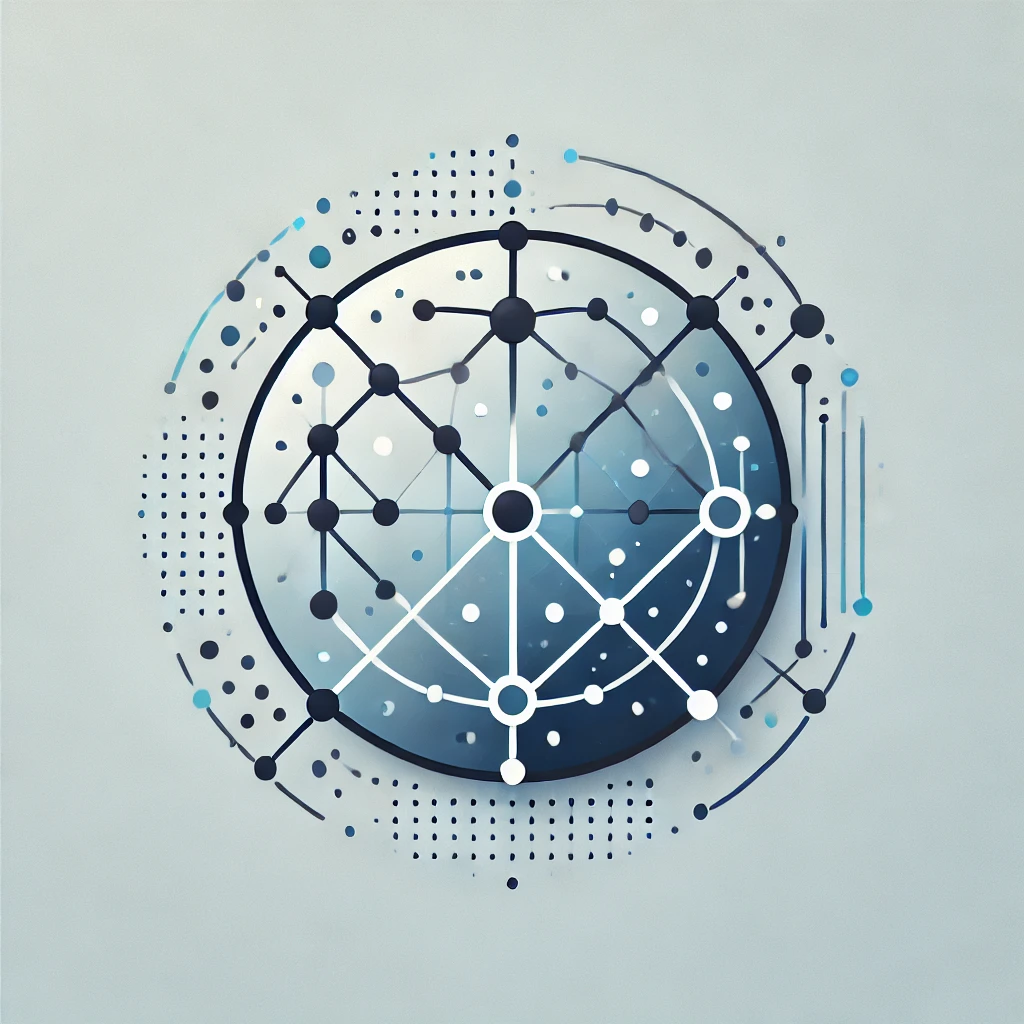114 reads
Addressing Unfairness in Data Pruning for Deep Learning
by
May 7th, 2025
Audio Presented by

Explore the intersection of AI, game theory, and behavioral strategies.
Story's Credibility

About Author
Explore the intersection of AI, game theory, and behavioral strategies.
